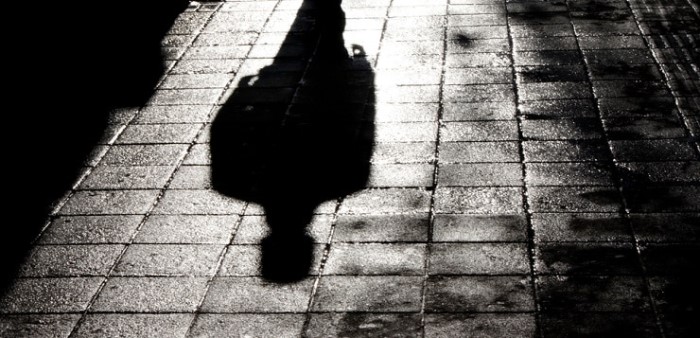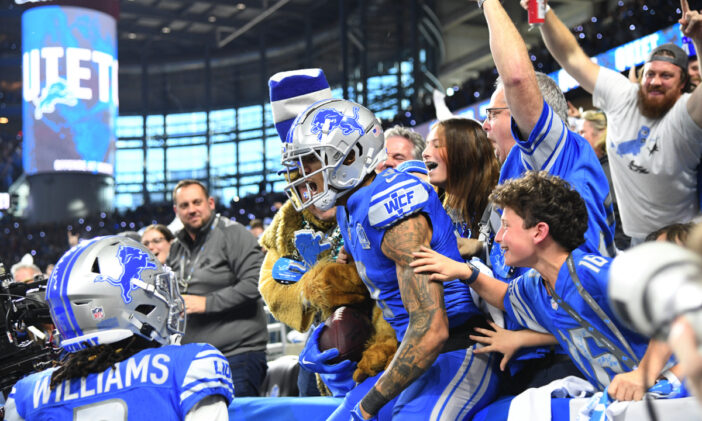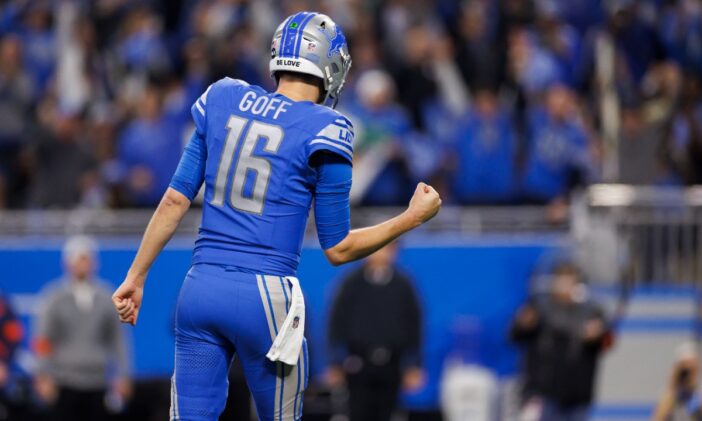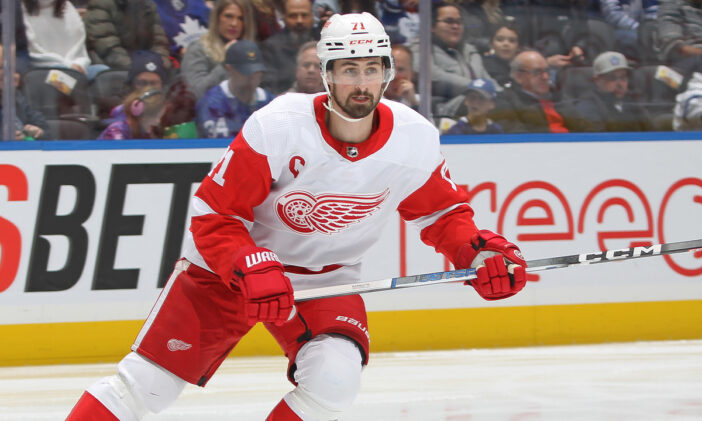Winners of multi-state lottery jackpots in Michigan would have control over whether their names are made public under a bill on the table in Lansing.
The legislation, Senate Bill 38, was introduced last month by state Sen. Curt VanderWall, a Republican. VanderWall tried to push the measure last year when he was a member of the Michigan House of Representatives. The 2018 bill stalled in a House committee. Efforts to shield the identity of a Michigan winner of a multi-state lottery jackpot date back to at least 2015.
Under Michigan’s lottery rules, winners can remain anonymous if the prize is $10,000 or more and as long as it didn’t come from a multi-state game. A lottery player won a $2 mm prize just last week and chose to remain anonymous. Mega Millions and Powerball, both played across the country, have had jackpots swell to more than $1 billion in recent years.
Here’s what the bill says:
“The [lottery] commissioner or an officer or employee of the bureau shall not disclose the name, address, or any other personal information concerning a winner of a prize awarded under a game played pursuant to a joint enterprise, to the extent required under the joint enterprise participation agreement executed by the commissioner, unless the winner of the prize agrees in writing to allow the disclosure.”
Under the proposed law, the identity of the player would be shielded from Freedom of Information Act requests. That provision might not sit well with Michigan Gov. Gretchen Whitmer, a Democrat who has advocated for more transparency in Michigan’s government.
According to a state website, the bill has been categorized as a “Civil rights: privacy” measure.
Other states with laws on the books
If SB 38 is successful, the Wolverine State would join a minority group of states in granting anonymity to Powerball and Mega Millions winners. Just Georgia, Texas, Delaware, Maryland, Ohio, Kansas, North Dakota, and South Carolina give winners the option of staying away from the public spotlight.
South Carolina was home to the winner of last fall’s $1.5 billion Mega Millions drawing.
New Hampshire could be joining that list, after a court ruling last year allowed a winner of a $560 mm Powerball jackpot to remain anonymous. The New Hampshire Lottery declined to appeal the ruling, instead suggesting that the legislature take up the issue.
“We never want to be in an adversarial position with our players, but we take our obligation to uphold the laws set forth by the New Hampshire Legislature seriously,” said a statement. “Rather than appealing this ruling, we believe this matter should be taken up by the legislature if it believes changes are in order.”
The New Hampshire Lottery said previously that revealing the name helps protect the public’s perception of the integrity of the lottery. Many other states subscribe to that argument.
Virginia could also soon join the ranks. A bill to shield the identities of players who won $10 mm or more recently cleared the Virginia legislature and now awaits a signature from the governor.





